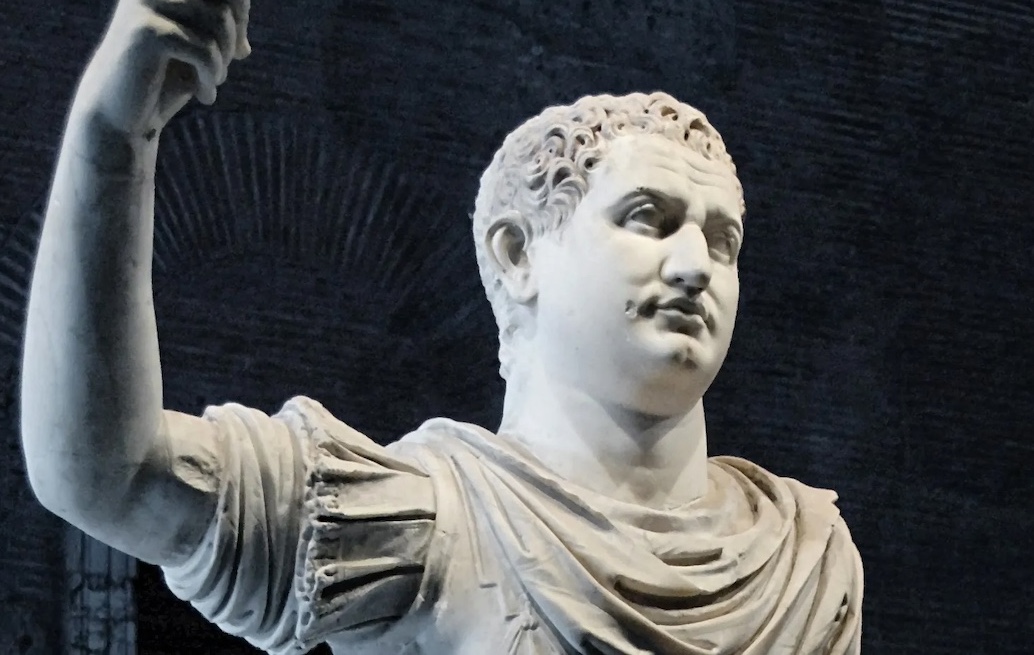Titus, the second Emperor of the Flavian dynasty, is remembered as one of ancient Rome's most beloved and accomplished rulers. His brief but impactful reign left an indelible mark on the history of the Roman Empire, characterized by military victories, civic improvements, and cultural patronage. In this detailed article, we delve into the multifaceted legacy of Titus, examining the achievements and contributions that earned him enduring acclaim in the annals of Roman history.
Early Life and Rise to Power:
Titus Flavius Vespasianus, commonly known as Titus, was born on December 30, 39 CE, in Rome, to the future Emperor Vespasian and his wife, Domitilla the Elder. From a young age, Titus was immersed in the world of Roman politics and military affairs, as his father rose through the ranks of the Roman bureaucracy and distinguished himself as a capable general.
Titus' own military career began in earnest during the tumultuous Year of the Four Emperors (69 CE), when civil war engulfed the Roman Empire following the death of Emperor Nero. Serving under his father's command, Titus distinguished himself in the Jewish War (66-73 CE), notably leading the siege and eventual conquest of Jerusalem in 70 CE—a victory that would later earn him the title "Conqueror of Jerusalem."
Upon the accession of his father, Vespasian, to the imperial throne in 69 CE, Titus was appointed as his co-regent and heir apparent, marking the beginning of his ascent to power within the Roman Empire.
Military Achievements:
One of Titus' most enduring legacies is his military prowess and strategic acumen, exemplified by his leadership during the Jewish War. Under Titus' command, the Roman legions quelled the Jewish rebellion and sacked the city of Jerusalem, culminating in the destruction of the Second Temple—a seminal event in Jewish history known as the Siege of Jerusalem.
Titus' military achievements extended beyond the confines of Judea, as he also oversaw successful campaigns against the Dacians in Eastern Europe and the Batavians in the Rhineland. His victories on the battlefield solidified Roman control over the empire's frontiers and bolstered his reputation as a formidable military commander.
Civic Improvements and Public Works:
In addition to his military exploits, Titus was renowned for his efforts to improve the infrastructure and civic amenities of Rome and its provinces. He initiated a series of public works projects aimed at beautifying the city and enhancing the quality of life for its inhabitants.
Titus undertook extensive renovations of the Colosseum, Rome's iconic amphitheater, which had been initiated by his father, Vespasian. The completion of the Colosseum during Titus' reign marked a triumph of engineering and architecture, providing a venue for spectacular gladiatorial contests, mock naval battles, and other public spectacles that captivated the Roman populace.
Disaster Relief and Humanitarian Efforts:
Titus' compassion and concern for the welfare of his subjects were evident in his response to natural disasters and humanitarian crises during his reign. In 79 CE, Mount Vesuvius erupted, burying the cities of Pompeii and Herculaneum under a blanket of volcanic ash and debris. Titus dispatched relief efforts to assist the survivors and oversee the reconstruction and recovery efforts in the affected areas.
Titus also earned praise for his generosity and philanthropy, distributing grain to the poor and providing financial assistance to victims of famine and hardship throughout the empire. His benevolent governance endeared him to the Roman people, who regarded him as a compassionate and just ruler.
Cultural Patronage and Legacy:
Titus' reign was characterized by a flourishing of arts, literature, and culture, as Rome experienced a period of prosperity and stability under his rule. He was a patron of the arts, sponsoring poets, writers, and intellectuals at his court, including the renowned historian Flavius Josephus, whose works provide invaluable insights into the events of Titus' era.
Despite his relatively short reign—Titus ruled for just over two years from 79 to 81 CE—his legacy endured long after his death. He was posthumously deified by the Roman Senate, with temples and monuments erected in his honor throughout the empire. Titus' reign is remembered as a golden age of Roman history, marked by military triumphs, civic achievements, and cultural flourishing.
Titus, Emperor of Rome, left an indelible mark on the history of the Roman Empire, remembered as a benevolent ruler, a formidable military commander, and a patron of the arts and culture. His brief but impactful reign exemplified the virtues of leadership, compassion, and stewardship, earning him enduring acclaim as one of Rome's most beloved and accomplished emperors.




